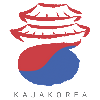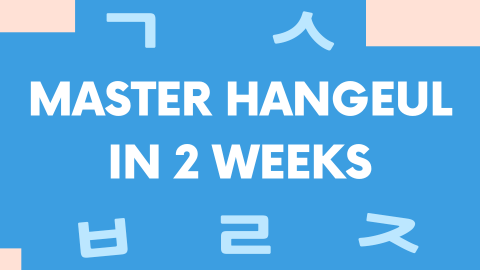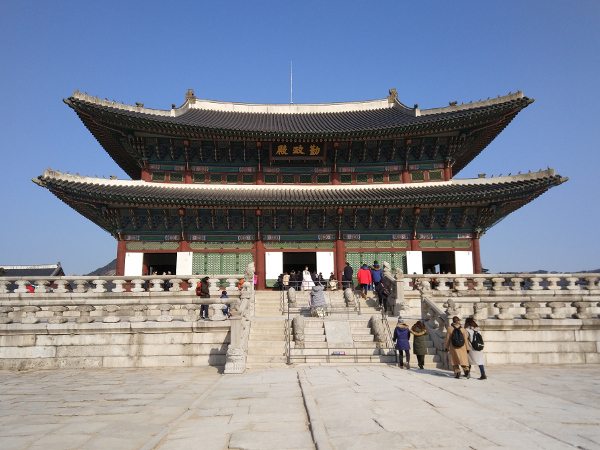Korean Lessons ᚛ Level 2 - Korean for Beginners #1 (Lessons 31 to 60) ᚛ Lesson 47 - Also / too, either / neither [도]
Also / too, either / neither [도]
The particle 도 expresses the equivalence of two elements. In English, we can translate it as "also" / "too" in positive phrases and "either"/ "neither" in negative phrases. Like the other particles, 도 is placed right behind whatever it references.
The particle 도 - also / too
In positive phrases, the particle 도 is generally translated "too" or "also".
- 아 배고파.
→ Ah, I'm hungry.
- 나도 배고파.
→ I'm also hungry. / I'm hungry too.
도 directly replaces the topic particles 은 / 는, subject particles 이 / 가, and object particles 을 / 를.
나도 많이 사랑해. (the topic particle 는 has been replaced with 도)
→ Me too, I really love you. (lit. Me too, I love you a lot.)
지유는 커피를 마셔요. 차도 마셔요. (the particle 를 has been replaced with 도)
→ Jiyu drinks coffee. She also drinks tea.
재현이는 차를 마셔요. 지유도 차를 마셔요.
→ Jaehyeon drinks tea. Jiyu drinks tea too.
- 공책을 샀어?
- 응, 펜도 샀어.
→ - Did you buy a notebook?
- Yes, I bought a pen too.
너도 그 날 기억나?
→ Do you also remember that day?
우리도 그 소문 들었어.
→ Us too, we've also heard this rumor.
나도 거기 갔어.
→ I went there too.
The particle 도 - either / neither
In negative phrases in Korean, 도 is used in the same way but is generally translated as "either" or "neither" in English.
나는 사과를 안 샀어. 바나나도 안 샀어.
→ I did not buy apples. I didn't buy bananas either.
- 저는 자동차가 없어요.
→ I don't have a car.
- 저도 자동차가 없어요.
→ Me neither, I don't have a car.
민지도 아직 안 갔어.
→ Minji hasn't gone yet either.
노래를 잘 못해요. 춤도 잘 못 춰요.
→ I'm not good at singing. I'm not good at dancing either.
저도 그 가수를 안 좋아해요.
→ Me neither, I don't like that singer.
The particle 도 - even
Learn more
Combining particles
Learn more
Short phrases using 도
Learn more
Exercises
Learn more
For anyone who wants to learn Korean, mastering Hangeul, the Korean writing system, is an essential step. However, truly understanding how these new characters are used, their real pronunciation, how they function within words, and above all remembering them well enough to read fluently in the long term is often a difficult task for Korean learners.
Master Hangeul in 2 Weeks is a 14-day program in which you learn, day after day, all the secrets of Korean characters so that you can master them and never forget them again. Each day, you discover Hangeul through comprehensive lessons and a wide range of reading and writing exercises. An unlimited online training mode allows you to practice as much as you want until you reach excellence.
Learn more

